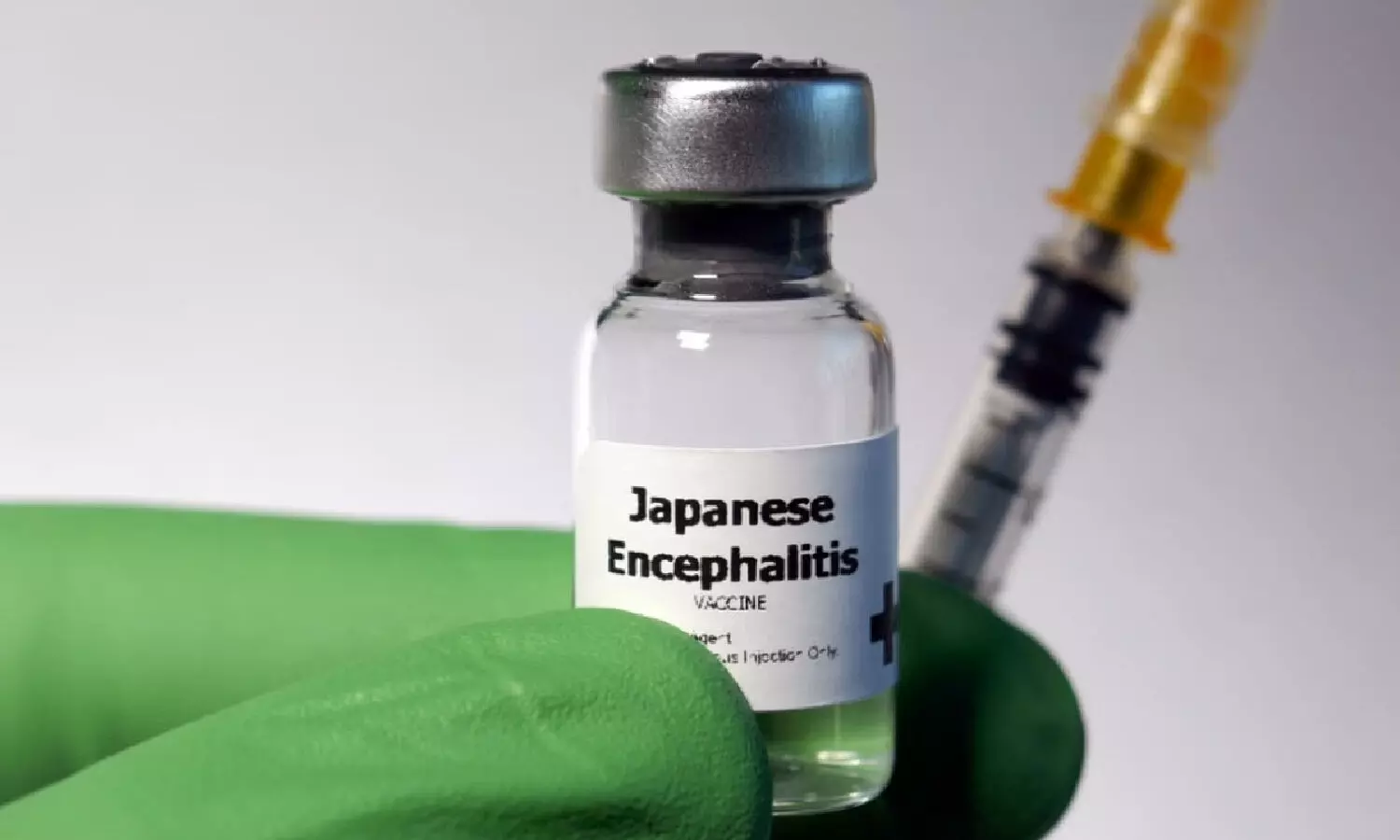Asia reports 68,000 Japanese Encephalitis cases annually; doctors urge child vaccination
Doctors advise parents to administer Japanese Encephalitis vaccine for children
By Neelambaran A
Representative Image
Hyderabad: Japanese encephalitis (JE) remains a significant public health challenge in India, particularly in rural and agricultural regions. JE is caused by a virus and is mosquito-borne, which affects thousands of children annually, under the age of 15 years, particularly in rural areas.
As per the National Centre for Vector Borne Diseases Control (NCVBDC), India accounts for a significant number of JE cases in Asia, as the World Health Organisation (WHO) estimates around 68,000 cases annually on the continent.
However, despite vaccination campaigns, coverage remains inconsistent across affected areas. Some reports suggest that around 30-40 per cent of JE patients who survive face permanent neurological damage, including paralysis, speech impairments, and intellectual disabilities.
Which States are more prone to Japanese encephalitis?
The NCVBDC has listed the states where JE is considered endemic.
The States include Telangana, Andhra Pradesh, Jharkhand, Bihar, Odisha, Madhya Pradesh, Chhattisgarh, Meghalaya, Manipur, Karnataka and Tamil Nadu, whereas the cases are highly prevalent in Assam, West Bengal and Uttar Pradesh.
Climate change is a major factor fuelling the spread of the Culex mosquito vector, extending the transmission season while affecting many across geographical locations. The rapid urbanisation is creating new breeding grounds in peri-urban areas with poor sanitation infrastructure.
Impact on children
Children below the age of 15, particularly in rural areas, are highly prone to JE infection. The virus spreads rapidly during and after the monsoon season, besides in areas where water stagnation is high.
Dr Sivaranjani Santosh, senior paediatrician at Magna Centre, Hyderabad, said, “The disease is predominantly prevalent in rural areas. It is caused by a virus and spread by mosquitoes, affecting many children. Affected children admitted to the emergency department may even lose their lives due to complications from seizures and other symptoms.”
Vaccine for Japanese Encephalitis is now mandatory in all places
As part of the Universal Immunisation Programme (UIP), the government has included JE vaccination as part of the schedule for many years, reducing the number of affected children.
“The vaccination was initially introduced in endemic areas of JE. Since Hyderabad was not considered an endemic area, the vaccination was not given, whereas in most Telangana districts, the vaccination is administered. Now, children in Hyderabad are also given the vaccine,” Dr Sivaranjani said.
This step has been initiated considering the increased travelling and migrations of people. Since travel is not in anyone’s control, vaccination has become essential.
“The Indian Academy of Paediatrics has given the guideline that the vaccine shall be given in special areas (places considered endemic for Japanese Encephalitis). But the government has made it mandatory in all areas now. Those travelling cannot ascertain whether the area is categorised as endemic or not, and may end up with children getting affected by Japanese Encephalitis. It is better to take preventive measures, rather than regretting later,” Dr Sivaranjani added.